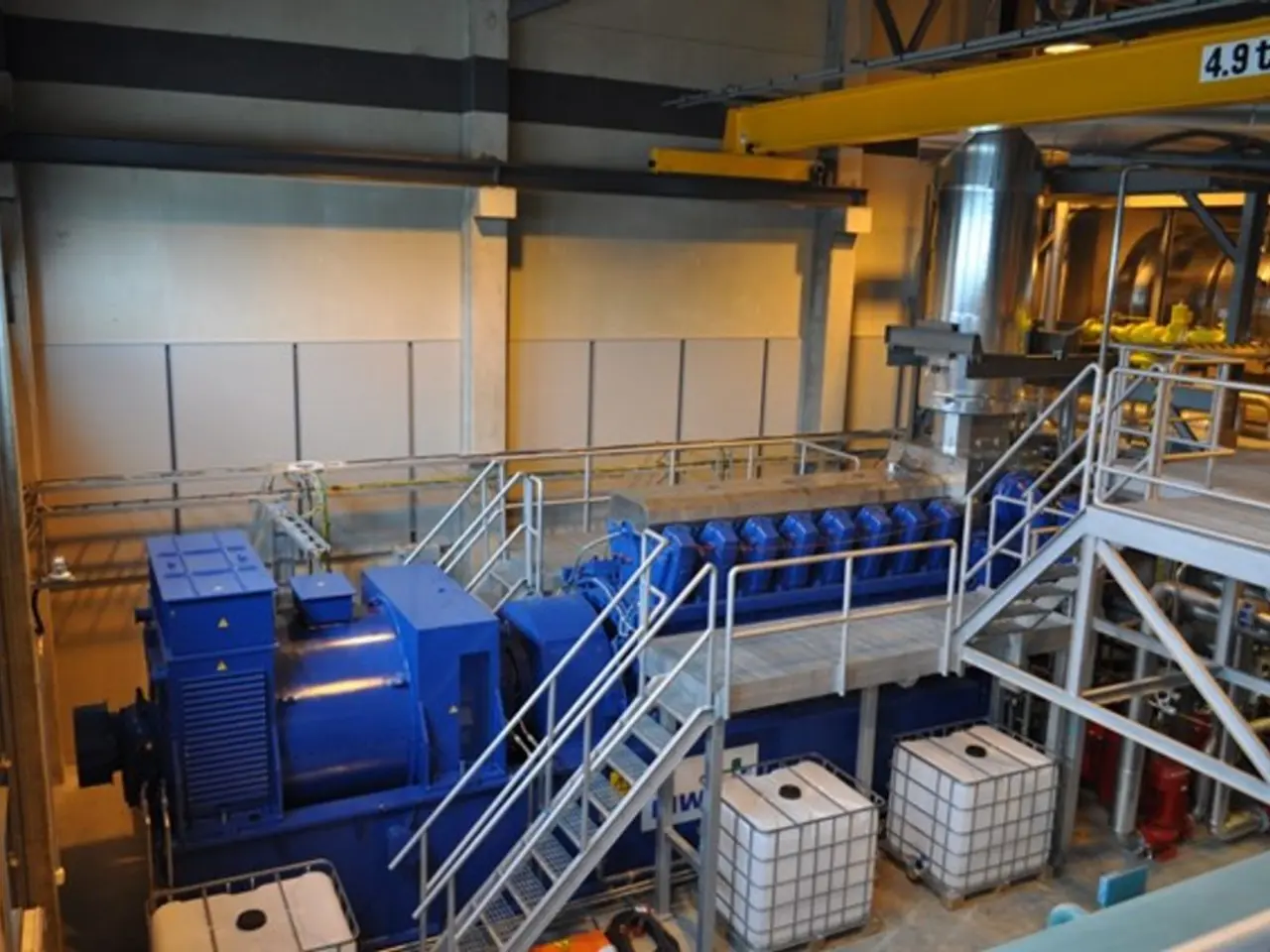Assembles eMAS 7, Proton's latest product, begins from fully-knocked-down kits in Malaysia.
Malaysia is making strides towards becoming a regional hub for electric vehicles (EVs) and hybrids, with a goal for these vehicles to account for 20% of all new car sales by 2030. This ambitious plan is being supported by significant investments and partnerships, most notably between Malaysian car manufacturer Proton and Chinese automotive giant, Geely.
Proton, under the ownership of Geely (49.9%), has launched its first EV assembly plant in Tanjong Malim, Western Perak state. The plant, a key project under the 13th Malaysia Plan, is being developed into a hub for new energy and next-generation vehicles. Geely has provided technical input on the design and build of the plant, which features a mix of automation and highly trained assembly staff.
The initial production at the plant will be of Proton's first EV, the e.MAS 7. This vehicle, a rebadged version of Geely's EX5, was launched in Malaysia in December last year and has since become the best-selling EV in the country. The plant will begin production this month with an annual capacity of 20,000 units, which can be scaled up to 45,000 units.
In a move to further support the transition to EVs in Malaysia, Geely could potentially introduce production of the Zeekr EV at the Tanjong Malim plant. This partnership could see the local assembly of Zeekr vehicles within the Automotive Hi-Tech Valley (AHTV) where Proton's EV plant is located.
To enhance logistics efficiency for containerized parts to and from the Proton plant and the wider park, a proposed rail logistics hub is in the works. AHTV has signed up for a feasibility study for this hub with Railway Assets Corporation and Keretapi Tanah Melayu. If developed, this hub could potentially support the scaling up of Proton's EV production capacity from 45,000 units to an undisclosed higher number.
The Malaysian government is pushing for a shift from road transport to rail transport for containers. The Ministry of Transport is actively promoting this transition, which could significantly reduce carbon emissions and traffic congestion.
The complex transition to EVs in South-East Asia will be discussed at this year's Automotive Logistics and Supply Chain ASEAN conference in Singapore on October 28. Proton and its rival Perodua already have a significant share (~60%) of the domestic market, and their strategies for adapting to the EV market will undoubtedly be of interest to industry professionals.
Looking ahead, Proton has plans to launch the e.MAS 5, further expanding its EV offerings. With Geely's expertise in EV production and the Malaysian government's support, it seems that Malaysia is well on its way to achieving its ambitious goal of becoming a regional hub for EVs.
Read also:
- Peptide YY (PYY): Exploring its Role in Appetite Suppression, Intestinal Health, and Cognitive Links
- Toddler Health: Rotavirus Signs, Origins, and Potential Complications
- Digestive issues and heart discomfort: Root causes and associated health conditions
- House Infernos: Deadly Hazards Surpassing the Flames








